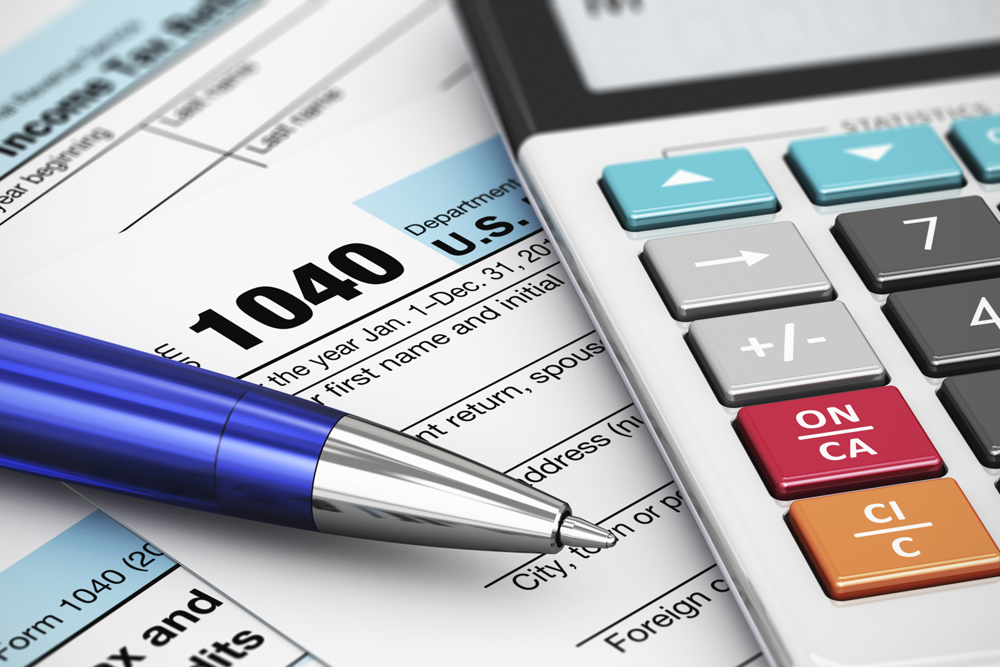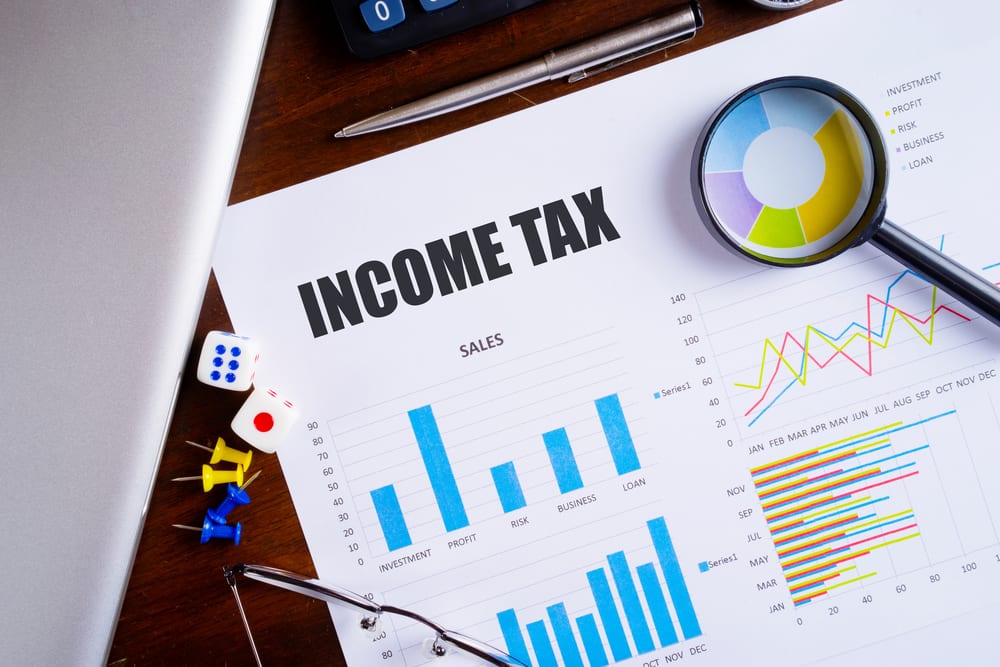Difference between Estimated Taxes and Estimated Tax Penalty
Dec 14, 2023 By Triston Martin
They do not have taxes deducted from their compensation as ordinary workers do since they are not considered employees. It is possible to pay estimated taxes on any taxable income that is not susceptible to having taxes taken out automatically. This comprises money earned, money received as dividends, money received as rent, money received as interest, and money gained from selling assets. After that, the taxpayer fills out all of the required tax paperwork for the whole year, pays any taxes still owed, and makes a claim for a refund if they made an overpayment.
Understanding Estimated Tax
Everyone must pay federal government taxes to earn or earn yearly money. In other words, income taxes are pay-as-you-go. Those working have taxes deducted from their paychecks by their employers depending on the W-4 forms the workers complete. Instead of delaying payment of these amounts until the end of the year when they submit their yearly tax return, others are required to make these payments straight to the government in the form of anticipated tax payments. Taxpayers who must estimate their tax liability and pay only what they can reasonably expect to pay include those who work for themselves.
Tax Estimate for Those Who Own a Business
Individuals, including sole proprietors, partners, and shareholders of S companies, must make scheduled tax payments on business ownership profits if the total tax on built-in gains. Corporations are required to make quarterly tax payments if it is anticipated that the company will have a tax obligation of at least $500. In addition, employers are required to collect quarterly scheduled tax payments from workers who had low taxes deducted from their paychecks and, as a result, owe money to the government at the end of the preceding year.

Estimated Tax Penalty
Because taxes are not automatically deducted from the earnings of self-employed people, they are responsible for making quarterly payments of anticipated taxes to the government. If your income shifts from one month to the next or one year to the next, it might be difficult to estimate how much you owe. You don't want to send in so much that you won't be able to pay for other things, nor do you want to send in so little that you'll be hit with an eye-popping tax bill when it's time to file your taxes, not to mention underpayment penalties. The following Advice will assist you in calculating your quarterly projected tax payments, lowering the likelihood that you will be subject to fines or go over your financial plan.
1. Base Your Payments
Provided you were self-employed the previous year and are self-employed again this year, and you may avoid paying the penalty. On the tax return from the previous year, you will discover the entire amount of taxes you paid.
2. Get Advice from the First Year
For the first year, you are self-employed, it is a good idea to consult with a friend who works for them or to engage an accountant to conduct the tax computations for you. In any case, you can calculate how much you will owe, determine what costs you may deduct, and get used to the procedure.
3. Use Separate Accounts
If you create a separate bank account and a credit card account solely used for company spending, it will make your life easier and be simpler to anticipate how much you will owe in quarterly taxes.
4. Keep a Running Tally of Your Income
Should you fail to maintain a regular track of your income and make appropriate payments toward your anticipated tax liability, you may be in for a rude awakening come April of next year. You should determine whether you should raise or cut your quarterly payments by computing your income at the end of each quarter and using this information as a foundation for your decision.

5. Use the Worksheet
estimating your quarterly payments if your income varies from one year to the next. This worksheet will walk you through the process of estimating your anticipated tax due and will consider several standard deductions for which you may be eligible to make a claim. You can complete the worksheet every quarter, or at the absolute least, if there is a significant change in your income. If there is a substantial degree of variance in the results of your company from one quarter to the next, you will need to change your projected tax payment to prevent a huge shock in April.

Important Considerations How to Understand a Balance Sheet
The accounting equation specifies that a company's total assets equal its total liabilities plus its owners' equity, thus it's important to grasp the various forms of assets, shareholders' equity, and liabilities to interpret the balance sheet properly. Unsurprisingly, revenue and cost recognition problems that show up on the income statement are intimately connected to the measurement problems on the balance sheet.
Jan 19, 2024 Triston Martin

Refinancing a VA Loan
You have two options for refinancing a VA loan: Lower the interest rate with a VA streamline refinance or extract equity with a cash-out refi.
Nov 12, 2023 Susan Kelly

What Are the Benefits of Good Credit?
If a borrower has good credit, it means they have a high credit score and are not a significant risk to lenders. Credit bureaus are the ones that hand out the scores. Lenders use credit scores to make underwriting decisions and disclose information found in a consumer's credit report.
Jan 11, 2024 Triston Martin

Fha Vs. Conventional Home Loans: Choose The Best Home Loan
Are you confused about which one to choose: FHA vs Conventional home loans? This comparison guide will help you choose the best option.
Jan 25, 2024 Triston Martin

Sable Credit Card Essentials: 5 Key Points for Potential Users
Looking for a new credit card? Learn about the perks of the Sable Credit Card and get the scoop on 5 things you need to know before applying. Click to read more.
Jan 26, 2024 Triston Martin

Highest Paying Positions At Major Banks
Working for large banks may lead to a prosperous and secure financial future. Many positions exist in the financial industry, each calling for a unique mix of knowledge and experience. Investment banking, wealth management, risk management, compliance officer, quantitative analysis, investment analyst, and credit analyst are just a few high-paying positions discussed in this article. These positions are vital to the bank's success and may lead to promising careers.
Nov 17, 2023 Triston Martin